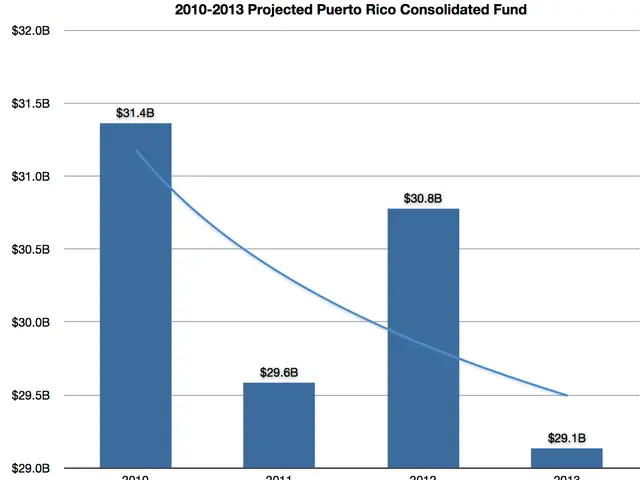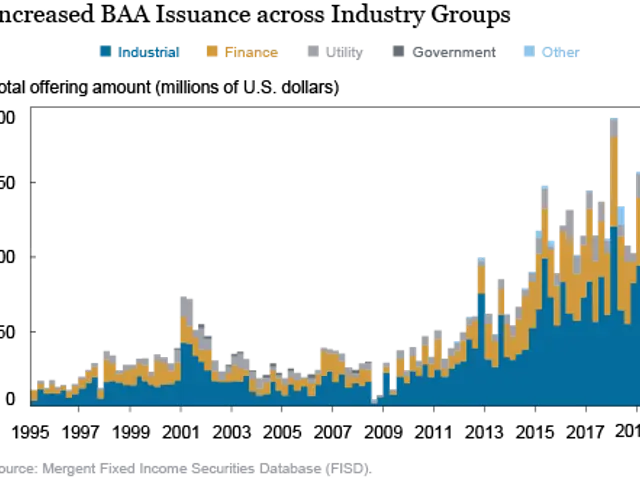Stock Splits Announced and Investor Responses: Understanding Trader Reactions!
Stock splits, a common corporate action, can have a significant impact on the stock market. Retail investors, in particular, tend to view stock splits as an opportunity to invest in shares that seem more affordable, leading to a surge in demand from this group. This surge can cause short-term spikes in the stock price, but the long-term sentiment depends on a company's fundamentals and performance.
The Role of Psychology and Social Dynamics
The herding effect and fear of missing out (FOMO) play a crucial role in investor behavior during stock split announcements. These phenomena cause investors to buy shares primarily because others are doing so, creating a bandwagon effect. This behavior, often reinforced by FOMO, can drive up demand and the stock price in the short term, but it may not necessarily reflect the company's long-term value.
Investors exhibiting herding behaviour mimic the buying behaviour of others, believing that the stock will continue to rise. FOMO, on the other hand, pushes investors to buy quickly to avoid missing out on potential gains. This combination can lead to a momentum-driven price increase that can detach from fundamentals, increasing volatility and risk.
Long-Term Considerations for Investors
For long-term investors, it's essential to evaluate whether the company continues to grow and deliver on its financial goals after a stock split. Institutional investors, who focus more on a company's fundamentals, are less likely to be swayed by a stock split alone. However, they do keep an eye on retail activity and may adjust their strategies based on it, especially if it impacts short-term price movement.
Understanding the contrasting reactions of retail and institutional investors to stock splits can help individual investors make more thoughtful decisions. It's important to remember that a stock split doesn't alter a company's actual value or business strategy.
The Impact of AI on Inventory Management
In other news, inventory management tools leveraging AI forecasts and reporting solutions are revolutionising the way businesses track stock and anticipate demand. These tools can help businesses stay ahead of changes in demand, ensuring they always have the right products in stock to meet customer needs.
In conclusion, while stock splits can trigger strong reactions in the market, it's crucial for investors to understand the market psychology behind these announcements. By staying grounded and focusing on a company's fundamentals, investors can make informed decisions and avoid market hype-driven decisions.
[1] Economic research describes this as momentum investing, where rising stock prices attract more buyers, intensifying the upward price trend. However, momentum investing, driven by herding and FOMO, carries risks including increased volatility and the potential for sharp reversals once buying enthusiasm fades, as momentum is not necessarily linked to underlying business fundamentals.
[1] Recognizing that momentum investing, driven by herding and FOMO, can lead to increased volatility and potential sharp reversals not linked to underlying business fundamentals, it's crucial for investors to consider a company's financial goals and long-term performance over its inventory management and stock-market performance following a stock split.
[2] To optimize personal-finance goals, it's advisable for investors to invest intelligently by identifying companies with robust growth potential and assessing the impact of financial elements, like inventory management that leverage AI, on a company's overall performance rather than merely reacting to short-term stock-market fluctuations instigated by stock splits or market psychology.




